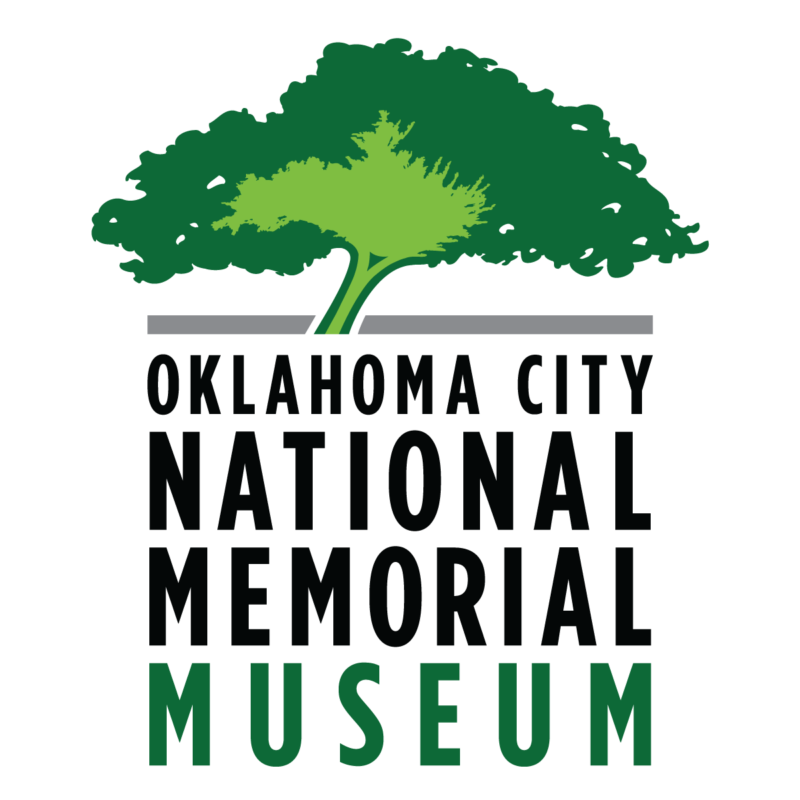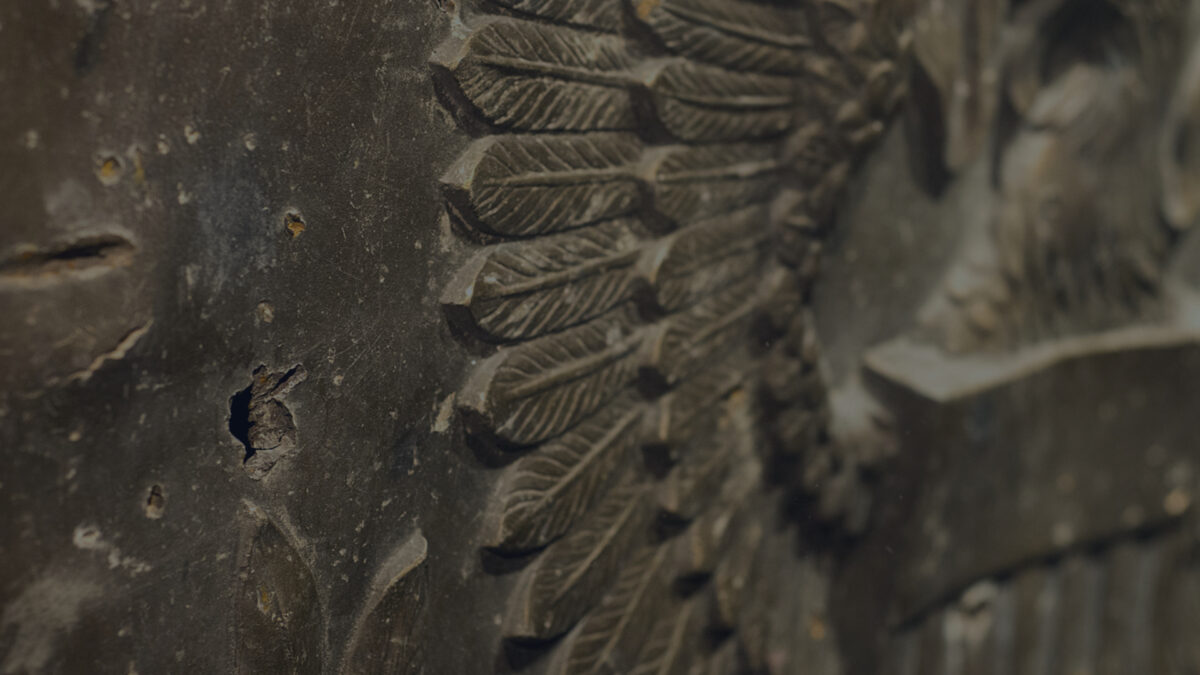
While we still don’t know all the details, we understand all too well what the people of Uvalde, Texas, are going through. We believe as strongly as ever – it is time for change. We have to find a way to make changes as school shootings are becoming too normalized. The Memorial’s mission of teaching the senselessness of violence has never been more important – what can we do together to make a change?
Dr. Robin Gurwitch, renowned child psychologist who helped with families in the wake of the Oklahoma City bombing was gracious enough to share resources for communities. The National Child Traumatic Stress Network (NCTSN) which Robin is a part of has provided the resources below to help children, families, educators and communities navigate what they are seeing and hearing in order to work through tragedy together.
NCTSN RESOURCES
- Talking to Children about the Shooting
- Helping Youth After a Community Trauma: Tips for Educators
- Talking to Children: When Scary Things Happen
- Talking to Teens about Violence
- Tips for Talking to Students about Violence
- Coping After Mass Violence: For Adults
- For Teens: Coping After Mass Violence
- Helping School-Age Children with Traumatic Grief: Tips for Caregivers
- Helping Teens with Traumatic Grief: Tips for Caregivers
- Helping Young Children with Traumatic Grief: Tips for Caregivers
- Guiding Adults in Talking to Children about Death and Attending Services
- After a Crisis: Helping Young Children Heal
- Age-Related Reactions to a Traumatic Event
- Once I Was Very Very Scared – children’s book
- After the Injury – website for families with injured children
- Health Care Toolbox – website for pediatric health providers working with injured children
- Pause-Reset-Nourish (PRN) to Promote Wellbeing (for responders)
Disaster Helpline
SAMHSA has a Disaster Distress Helpline – call or text 1-800-985-5990 (for Spanish, press “2”) to be connected to a trained counselor 24/7/365.



